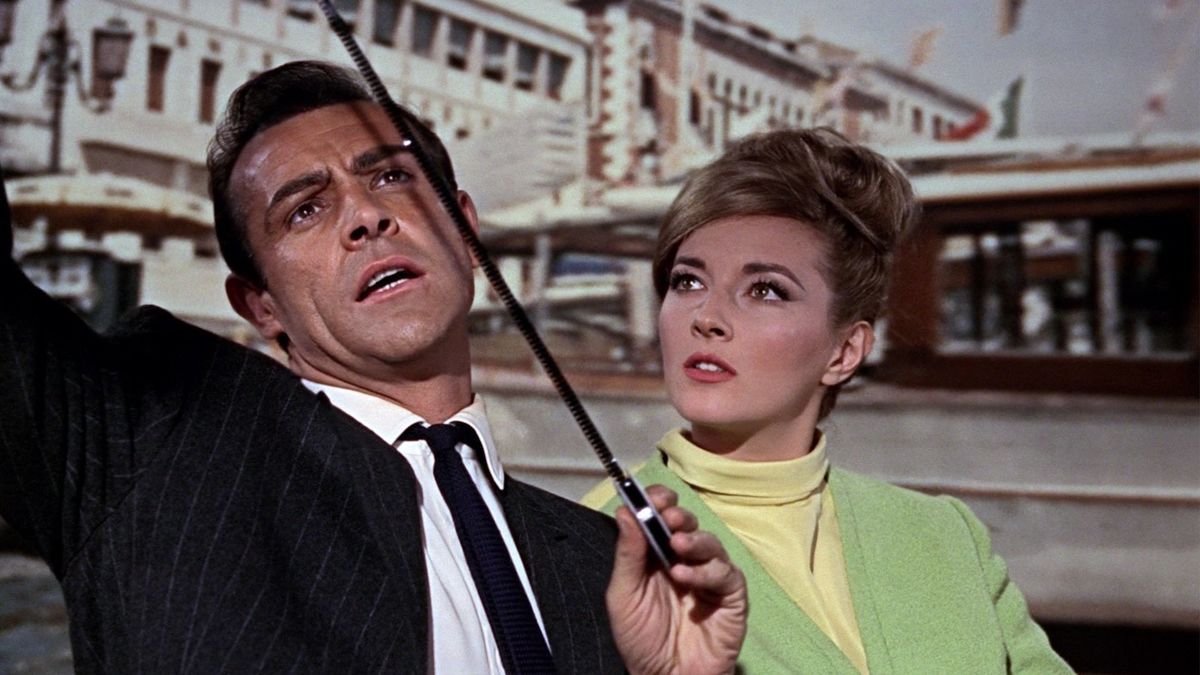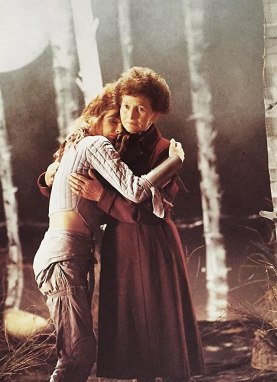IDSG Ep66 Tim Pool
This time, Jack and Daniel delve into the cesspool that is the barking, beanie-wearing, bollocks-talker Tim Pool. Prepare for a small avalanche of weapons grade stupid from YouTube’s favourite reactionary propagandist pretending to be a centrist or something.
Content Warning.
Permalink / Direct Download / Soundcloud
Links / Notes:
CV Vitolo “Haddad”: Another Academic Racial Fraud? https://medium.com/@polite_keppel_dinosaur_57/cv-vitolo-haddad-another-academic-racial-fraud-c5c41fe32110
The CV Dossier: https://twitter.com/thecvdossier
Inside Higher Ed, “Fresno State Pulls CV Vitolo-Haddad’s Job Offer.” https://www.insidehighered.com/quicktakes/2020/09/18/fresno-state-pulls-cv-vitolo-haddads-job-offer
Timcast YouTube: https://www.youtube.com/c/Timcast/videos
Timcast News YouTube: https://www.youtube.com/c/TimcastNews/videos
Timcast IRL YouTube: https://www.youtube.com/c/TimcastIRL/videos
SCNR YouTube: https://www.youtube.com/c/SCNRtv/videos
Tim Pool: Day at a Chicago Warehouse: https://www.youtube.com/watch?v=6LgfyUeFlzw
Tim Pool calls into the Majority Report, November 2011. https://www.youtube.com/watch?v=rYcZodBFS8k
Christopher Robbins, Gothamist, “Is OWS Livestreamer Snitching Or Reporting?” https://gothamist.com/news/update-is-ows-livestreamer-snitching-or-reporting
“Is that his job? To hold people accountable? “Well,” Pool pauses. “That’s not my decision to make. That’s the majority’s decision. I will say that in the case of last night, I’m not advocating anyone to go after this person.”
“But it does offend me when people say I’m putting them at risk. If you throw a bottle at the police, you’re putting people at risk. When two innocent people who were doing nothing get arrested because you threw the bottle, that’s putting people at risk. I’m going to hold those people accountable.” “
Tim Pool at Vice.com: https://www.vice.com/en/contributor/tim-pool
Vic Berger thread on Tim Pool: https://threader.app/thread/1101208956230356994
James Allsup and Tim Pool, June 2017. https://archive.org/details/youtube-5_QaIhe7JxA
Thought Slime, “Hats Off to Tim Pool.” https://www.youtube.com/watch?v=FxDVhNuFAq4
Cassandra Fairbanks Telegram: https://t.me/s/CassandraFairbanks
Jose, “Diving Into the Shallow End, My Week With Tim Pool (Part 1)” https://www.youtube.com/watch?v=W7Wv59W0uPo
Jose, “”Diving Into the Shallow End, My Week With Tim Pool (Part 2)” https://www.youtube.com/watch?v=0AnrGWF2ri4
Earlier Jose video https://www.youtube.com/watch?v=MtrZQ_bu8Sc&t=402s
Tim Pool clips https://twitter.com/TimPoolClips
Matt Binder video https://www.youtube.com/watch?v=CfoLE-eHnwM&t=1022s
Tim Pool’s Grift Exposed https://youtu.be/jpRyjI8oC_E
Inside the Mind of Tim Pool https://www.youtube.com/watch?v=S6zbw2vWOz4&t=1531s
Antisocial Media https://www.youtube.com/watch?v=YsNKtRZEVjk&t=522s
Tim Pool, Phony Liberal by Abe Gaustad https://medium.com/@abegaustad/tim-pool-phony-liberal-67e409cd34ca
RationalWiki https://rationalwiki.org/wiki/Tim_Pool…





 off my blogging, and the Patreon has dipped below that slightly. Any help is appreciated.
off my blogging, and the Patreon has dipped below that slightly. Any help is appreciated.